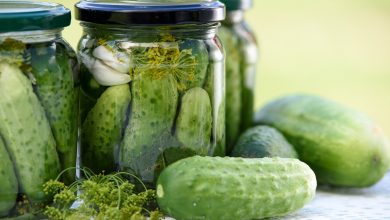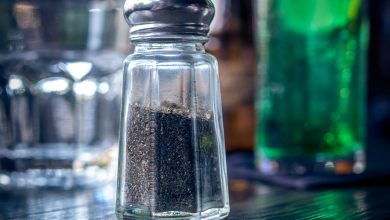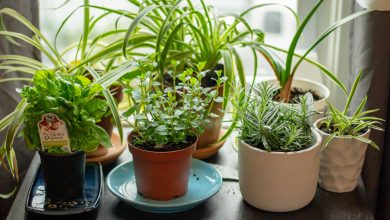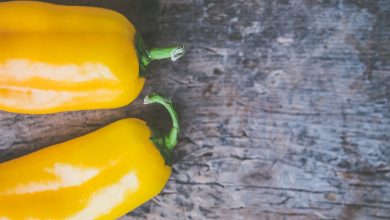How to Start an Herb Garden
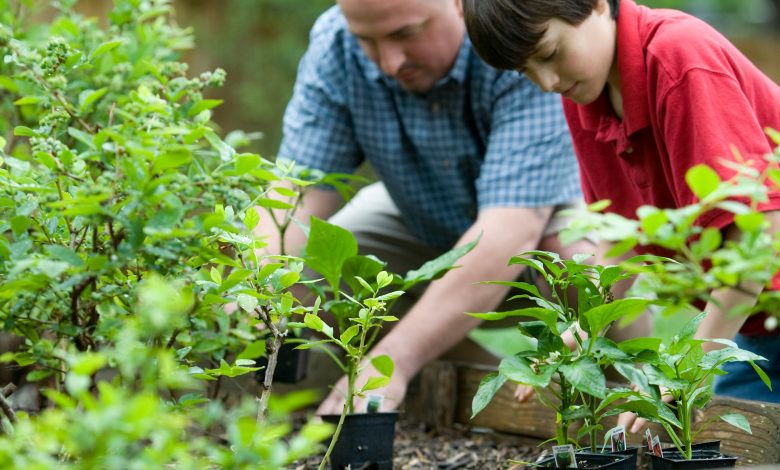
The extent to which people now pick interest in gardening, it feels like the world is returning to the long-gone Romantic era alongside the present technology. Perhaps, the viral interest has spread to you too, and you feel like having an herb garden around your house.
Planting herbs requires specific practices that you need to put in place. Also, you need to know the herbs you’re planting first that will make up your garden. But then, the kinds of herbs that will make up your garden depend on the kind of garden you intend to create. So maybe we can know the types of gardens first best before starting out.

Types of Gardens
There are different types of gardens. Your choice depends on your purpose and the kind of ambiance you want.
Medicinal Herb Gardens
People plant medicinal garden herbs mainly for therapeutic purposes. There is the power of healing in the seeping sap of greens. You can plant herbs such as lavender, chives, thyme, and rosemary, which all have healing powers and can cure injuries.
Colonial Herb Gardens
Sometimes, even herbs company with histories. During the colonial era, plants like chamomile, leeks, kale, and onions, which were mostly planted for medicinal purposes, also helped with flavoring to give a pleasant nasal appeal. You may also want to have this category of herbs in your garden.
Kitchen Herbs
Culinary herbs are essential if you are the type that likes fresh groceries. Apart from the fresh and savory taste you get, the healing power is there. You could disarm the flu using citrus and dried flower heads, make the Italian pistou using basil, use the mint with lamb, and combine the oregano with pizza. If your purpose tends towards the cuisine aspect, then you can consider herbs such as oregano, mint, thyme, cilantro, pumpkin, chives, parsley, tarragon, sage, etc.
Indoor Herb Gardens
Herbs that have similar behavior are usually grown in the same area. You can plant herbs like marjoram, sage, and so on together because they tend to have similar growth requirement, and there’s not going to be a case where one herb endangers the other.
Fragrant Herb Gardens
Herbs that exude a nice smell should not be found wanting in your garden, except you don’t like just any of them. But if you don’t like lavender, you can go for pelargoniums. Fragrant herbs thrive well, even when mixed with other herbs or planted separately.
How to Start an Herb Garden
Since you’re now familiar with different kinds of herbs, it’s important to know how to start your garden.

Location
You cannot consider starting an herb garden without choosing a location. Remember that herbs and other plants are sensitive to wherever you plant them. You cannot plant your herbs where it would lack photosynthesis, which you know they need. What about the soil where the herbs will be planted? You wouldn’t want to plant in sandy soil, except you have some way to make it work. Find a place where there’s fertile loamy soil, and plant your herbs.
While considering the location, some people think of proximity. For instance, if yours is a kitchen garden, you would want it close to the kitchen just for easy accessibility during harvesting. Some plant far in a strategic place where they can oversee their garden, such that animals do not eat away the plant.
Soil Preparation
If you get a location where there’s loamy soil, it’s good for you. However, it’s not all bad if you have just the sandy soil around you. You can still locate your herb garden there with diligent preparation of the soil. You can add compost manure to the sandy soil to enrich it with nutrients. This applies to loamy, sandy, and any of soil which has too much of a clay-like mixture. Notwithstanding, locating your garden at on loamy soil remains just the best. Even at that, you can add compost to make it richer.
Planting Herbs
After you have prepared your soil and added compost, the next step is to start planting your herbs. You can plant your herb as seeds or plant the root in the earth, nurture, and watch as it grows. In addition, water your herb at an appropriate time; some require around two inches per week.
Talk to People About Your Herbs
This may sound quite unfit, but it’s not totally out of place. Talking to people, especially those that are more experienced, about your herbs will give you more insight on how to tend to your herb. For instance, if there is a strange coloration or growth issue, they will tell you what you should do about it within the blinking of an eye. Considering your money and time spent on it, you won’t want to be in a situation whereby you learn by experience.
In most cases, planting techniques depend on what you’re planting. Perhaps we should peer at a few herbs and how you can plant.
Herbs to Plant
Basil
Basil is also called Ocimum basilicum. Most gardens have basil. If you feel like having this plant in your garden too, follow the steps below.
Location
As it is with other garden herbs, location is paramount. Ensure the place you’re planting your herbs has drained loamy soil and is friendly with the sun so your plants don’t have to look gaunt like a famished person.
Now, the next thing is to choose between seed and plant. Either way leads to the same destination, of course.
Seed
- If the seed method is your choice, spray the seed throughout your location, and then bury it lightly with sand. This prevents it from getting frizzled up by the sun. Also, birds will not see and pick it. Watering the plant is very important after planting, and let there be around five to six inches of distance between each plant when it starts growing.
- For those going by growing the plant, a dimple of a hole is suitable to dip your basil root in. After this, you water it constantly.
Some people have planted this herb thinking that they have taken every caution only to see it wither. This is because they have not chosen the right timing. Basil doesn’t survive during frost, so it dries fast if you’re planting it out during frost. Once it’s getting warm, you can plant your basil herb.
Harvesting
Contrary to the popular opinion that basil loses its ability to grow when often harvested, basil, like most herbs, grows better when you constantly harvest the leaves.
- Detach Flower: If you have been wondering why your basil grows really well but doesn’t give you the desired flavor, it is because you left those flowers. Once you detach the flowers, the leaves give back the flavor as original as you got from the first batch of harvest.
Oregano
Like other plants, you can grow oregano by seed or plants. Before you grow your oregano outside, it’s important to start inside because, like basil, it can stop growing as a result of exposure to frost. Inside, there’s no need to spread dirt over it, but place it in a strategic location that’s within the reach of sunlight. So during frost, your oregano starts indoors and ends outdoors to embrace the sun. Once they start growing and reach around 15 centimeters high, consider separating them. One should be around 30.48 centimeters distant from the other. Ensure you water it diligently.
You can relocate your plant outside after the misty period is gone. Remember that the soil must be drained and your plant watered when it’s summer.
Harvesting
Harvesting oregano is not done in a similar way as other herbs. You can harvest your oregano herb in the morning, but ensure there’s no dew on the plant anymore. You can dry or harvest and store in the refrigerator pending the time you will use it.
Rosemary
Rosemary grows really well in sandy soil and enjoys sunlight a lot. Like other plants previously mentioned, rosemary doesn’t like it cold. In this case, it’s advisable you grow the rosemary indoors first before transferring it outside as soon as winter is over. It is also necessary to water the rosemary herb at the appropriate moment.
Pruning/ Harvesting Rosemary
Like other herbs, rosemary needs constant pruning so it grows more. Just ensure that you detach the leaves a little distance from the twig. After harvesting, you can dry it in mild weather.
